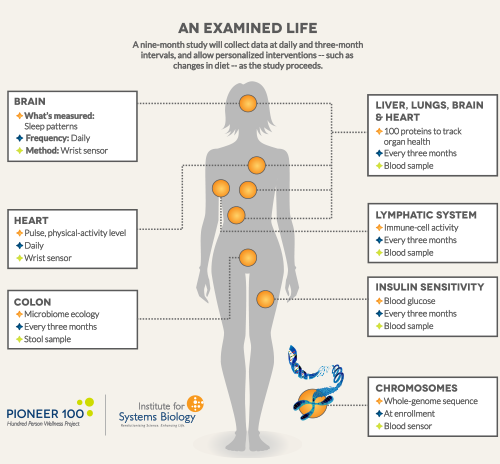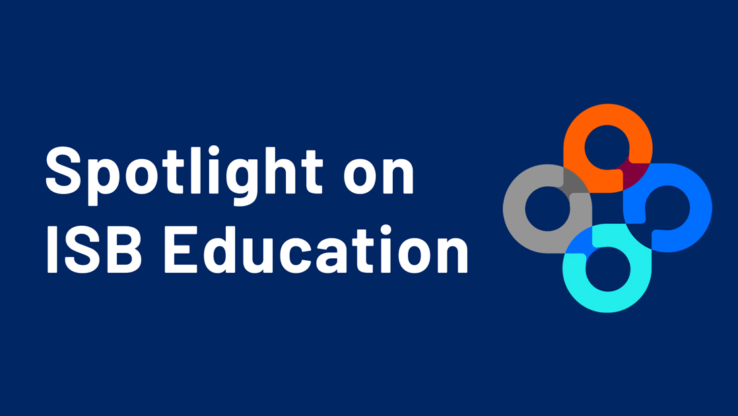ISB’s 100K Project A Top Story on GenomeWeb
 isbscience.org/news/2015/01/05/lee-hoods-100k-project-a-top-story-on-genomeweb/
isbscience.org/news/2015/01/05/lee-hoods-100k-project-a-top-story-on-genomeweb/
By ISBUSA
GenomeWeb announces 2014’s top-10 most-read articles on personalized medicine and the article on ISB’s 100K Wellness Project was No. 1. Here’s an excerpt from GenomeWeb’s Jan. 5 story:
NEW YORK (GenomeWeb) – GenomeWeb readers in 2014 were most interested in a story about a large study investigating why some people remain healthy while others get sick. The top article was about healthcare entrepreneur Leroy Hood’s efforts to advance a “wellness industry” by studying the factors that contribute to people staying healthy. In the study, researchers hope to enroll 100,000 patients in good health, collect data on them over two decades via genomic and other complex tests, assess their nutrition, analyze their microbiome, and perform organ-specific checkups. The aim is to gain a better understanding of the myriad factors contributing to the development of diseases, and develop tools and strategies to predict who will become sick so doctors can intervene early. Read more (requires free registration)…
Learn more about the 100K Wellness Project.





